Ours is a spiritually unbalanced age, when even many Orthodox Christians find themselves tossed to and fro, and carried about with every wind of doctrine, by the sleight of men, and cunning craftiness, whereby they lie in wait to deceive (Eph. 4: 14). The time, indeed, seems to have come when men will not endure sound doctrine, but after their own lusts shall they heap to themselves teachers, having itching ears; and they shall turn away their ears from the truth, and shall be inclined unto fables (II Tim. 4: 3-4).
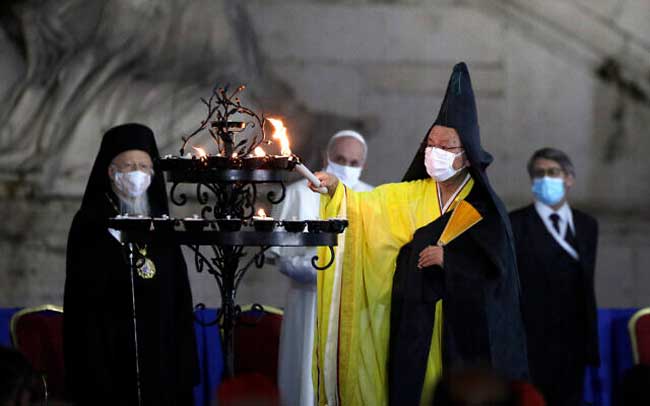
One reads in bewilderment of the latest acts and pronouncements of the “ecumenical” madness. On the most sophisticated level, Orthodox theologians representing the American Standing Conference of Orthodox Bishops conduct a learned “dialogue” with Papists and issue a joint statement on the Eucharist (Diahonia, 1970, no. 1, p. 72), setting forth six points of “remarkable and fundamental agreement,” noting at the end some “serious differences … which now prevent us from communicating in one another’s churches,” without even raising the one “difference” that is substantial and that renders such “dialogues” utterly futile: that the Eucharist within the Orthodox Church is a sacrament and grace-giving, and outside the Orthodox Church it is an empty ritual without grace, a blasphemy. Or again, Orthodox representatives gather with Papists and Protestants at St. Vladimir’s Seminary for an annual “Ecumenical Institute on Spirituality” without the slightest inkling of a realization that what can be “discussed” with heretics is most certainly not Orthodox spirituality, of which they can have had no experience, but only an academic caricature of it (St. Vladimir’s Theological Quarterly, 1969, no. 4, p. 225). Yet again, the third unofficial consultation of theologians of the Orthodox and Monophysite (“non-Chalcedonian”) Churches, meeting in Geneva in August, 1970, concludes that “on the essence of the Christological dogma our two traditions, despite 15 centuries of separation, continue to find themselves in full and profound agreement with the universal tradition of the one and indivisible Church,” the heresy which the Holy Fathers anathematized being a matter of “different terminology,” and it points the way for a “declaration of reconciliation” between the two bodies which will involve, for example, the abrogation of all Orthodox statements against the Monophysite heretics (this would entail the rewriting of the Orthodox service books), although the Orthodox need not go so far as to recognize these heretics as saints, while allowing the Monophysites, however, to do so (Epishepsis, Sept. 29, 1970).
On the level of action, ecumenical activists take advantage of the fact that the intellectuals and theologians are irresolute and unrooted in Orthodox tradition, and use their very words concerning “fundamental agreement” on sacramental and dogmatic points as an excuse for flamboyant ecumenical acts, not excluding the giving of Holy Communion to heretics. And this state of confusion in turn gives an opportunity for ecumenical ideologists on the most popular level to issue empty if not idiotic pronouncements that reduce basic theological issues to the level of cheap comedy, as when Patriarch Athenagoras allows himself to say: “Does your wife ever ask you how much salt she should put in the food? Certainly not. She has the infallibility. Let the Pope have it too, if he wishes” (Hellenic Chronicle, April 9, 1970).
The informed and conscious Orthodox Christian may well ask: where will it all end? Is there no limit to the betrayal, the denaturement, the self-liquidation of Orthodoxy?
It has not yet been too carefully observed where all this is leading, but logically the path is clear. The ideology behind ecumenism, which has inspired such ecumenistic acts and pronouncements as the above, is an already well-defined heresy: the Church of Christ does not exist, no one has the Truth, the Church is only now being built. But it takes little reflection to see that the self-liquidation of Orthodoxy, of the Church of Christ, is simultaneously the self-liquidation of Christianity itself; that if no one church is the Church of Christ, then the combination of all sects will not be the Church either, not in the sense in which Christ founded it. And if all “Christian” bodies are relative to each other, then all of them together are relative to other “religious” bodies, and “Christian” ecumenism can only end in a syncretic world religion.
This is indeed the undisguised aim of the masonic ideology which has inspired the Ecumenical Movement, and this ideology has now taken such possession of those who participate in the Ecumenical Movement, taking the place of Christianity in them, that “dialogue” and eventual union with the non-Christian religions have come to be the logical next step for today’s denatured Christianity. The following are a few of the many recent examples that could be given that point the way to an “ecumenical” future outside of Christianity.
1 On June 27, 1965, a “Convocation of Religion for World Peace” was held in San Francisco in connection with the 20th anniversary of the founding of the United Nations in that city. Before 10,000 spectators there were addresses on the “religious” foundations of world peace by Hindu, Buddhist, Moslem, Jewish, Protestant, Catholic, and Orthodox representatives, and hymns of all faiths were sung by a 2000-voice “interfaith” choir.
2 The Greek Archdiocese of North and South America, in the official statement of its 19th Clergy-Laity Congress (Athens, July, 1968), declared: “We believe that the ecumenical movement, even though it is of Christian origin, must become a movement of all religions reaching towards each other.”
3 The “Temple of Understanding, Inc.,” an American foundation established in I960 as a kind of “Association of United Religions” with the aim of “building the symbolic Temple in various parts of the world” (precisely in accord with the doctrine of Freemasonry), has held two “Summit Conferences.” At the first, in Calcutta in 1968, the Latin Trappist Thomas Merton (who died suddenly in Bangkok on the way back from this Conference) declared: “We are already a new unity. What we must regain is our original unity.” At the second, at Geneva in April, 1970, eighty representatives of ten world religions met to discuss such topics as “The Project of the Creation of a World Community of Religions”; the General Secretary of the World Council of Churches, Dr. Eugene Carson Blake, delivered an address calling on the heads of all religions to unite; and on April 2 an “unprecedented” supra-confessional prayer service took place in St. Peter’s Cathedral, described by the Protestant Pastor Babel as “a very great date in the history of religions,” at which “everyone prayed in his own language and according to the customs of the religion which he represented” and at which “the faithful of all religions were invited to coexist in the cult of the same God,” the service ending with the “Our Father” (La Suisse, April 3, 1970). No Orthodox delegates were apparently present at this convocation, but Orthodox ecumenists were represented by Dr. Blake, with whom they pray at WCC meetings.
4 Early in 1970 the WCC sponsored a conference in Ajaltoun, Lebanon, between Hindus, Buddhists, Christians, and Moslems, and a follow-up conference of 23 WCC “theologians” in Zurich in June declared the need for “dialogue” with the non-Christian religions. At the meeting of the Central Committee of the WCC at Addis Ababa in January of this year, Metropolitan Georges Khodre of Beirut (Orthodox Church of Antioch) shocked even many Protestant delegates when he not merely called for “dialogue” with these religions, but left the Church of Christ far behind and trampled on 19 centuries of Christian tradition when he called on Christians to “investigate the authentically spiritual life of the unbaptized” and enrich their own experience with the “riches of a universal religious community” (Religious News Service), for “it is Christ alone who is received as light when grace visits a Brahman, a Buddhist, or a Moslem reading his own scriptures” (Christian Century, Feb. 10, 1971).
It is thus clear that the notion of a “dialogue” with non-Christian religions is “in the air,” has become a part of the intellectual fashion of the day; it seems to be indeed the next step/or ecumenism in its progress toward a universal religious syncretism. What is the meaning of this “dialogue” for those who wish to remain Orthodox Christians? What is the Orthodox answer to it? The following three articles are offered as an approach to these questions. The first, on the Near Eastern religions with which Christian ecumenists hope to unite on the basis of “monotheism,” approaches the subject theologically, inasmuch as the most fundamental divergence of these religions from Orthodox Christianity occurs precisely in their doctrine of God. The second and longest article, on the most powerful of the Eastern religions, Hinduism, approaches the subject both theologically and on the basis of a long personal experience which ended in the author’s conversion from Hinduism to Orthodox Christianity; it gives also an interesting appraisal of the meaning for Hinduism of the “dialogue with Christianity.” The third article is a personal account of the meeting of an Orthodox priest-monk with an Eastern miracle-worker—a direct confrontation of Christian and non-Christian “spirituality.” From these articles an answer will emerge to what should be the central concern of the ecumenists’ “dialogue” with the non-Christian religions: who is the “father,” the “god,” that attracts and promises to unite you to those who do not accept Christ, our God and Saviour?

by Saint Seraphim of Platina [†1982]
The Orthodox Word, Vol. 7, No. 3 (38), May-June 1971, pp. 137-140
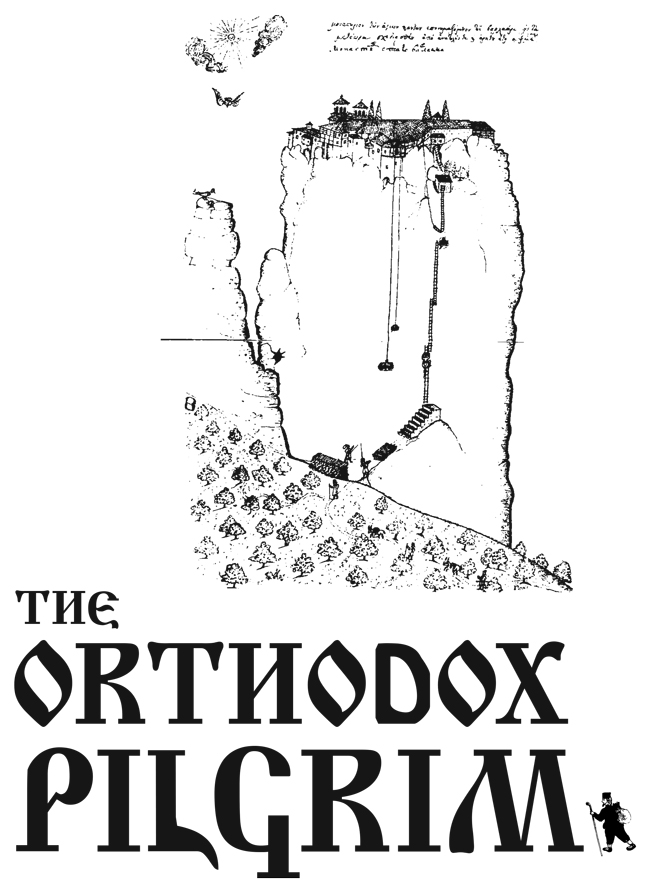
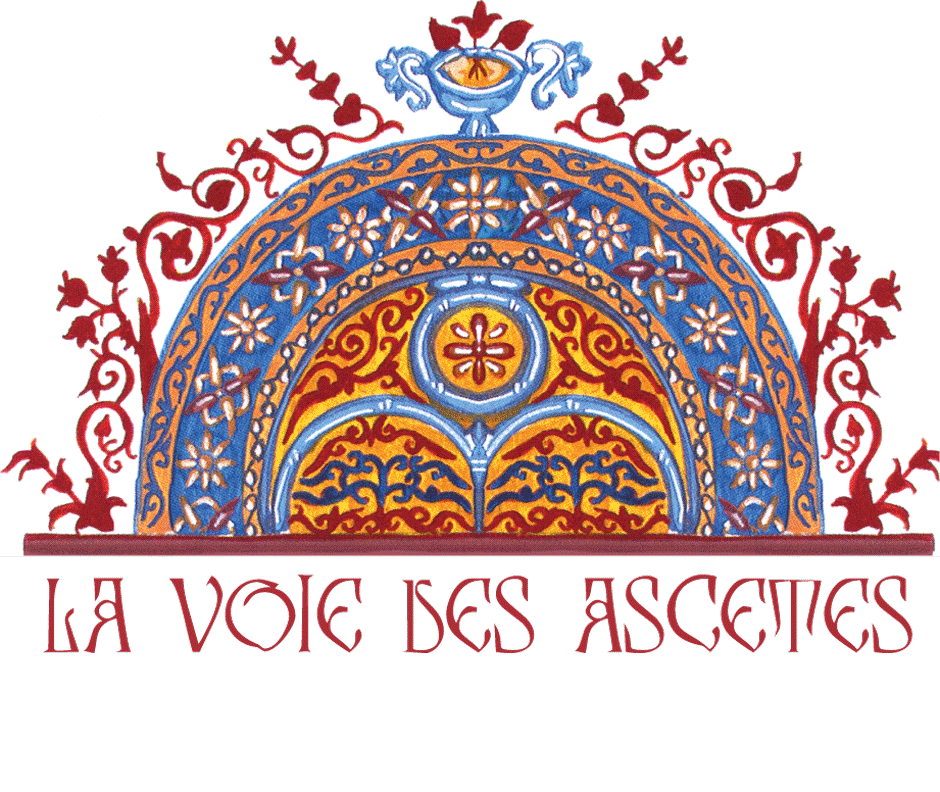
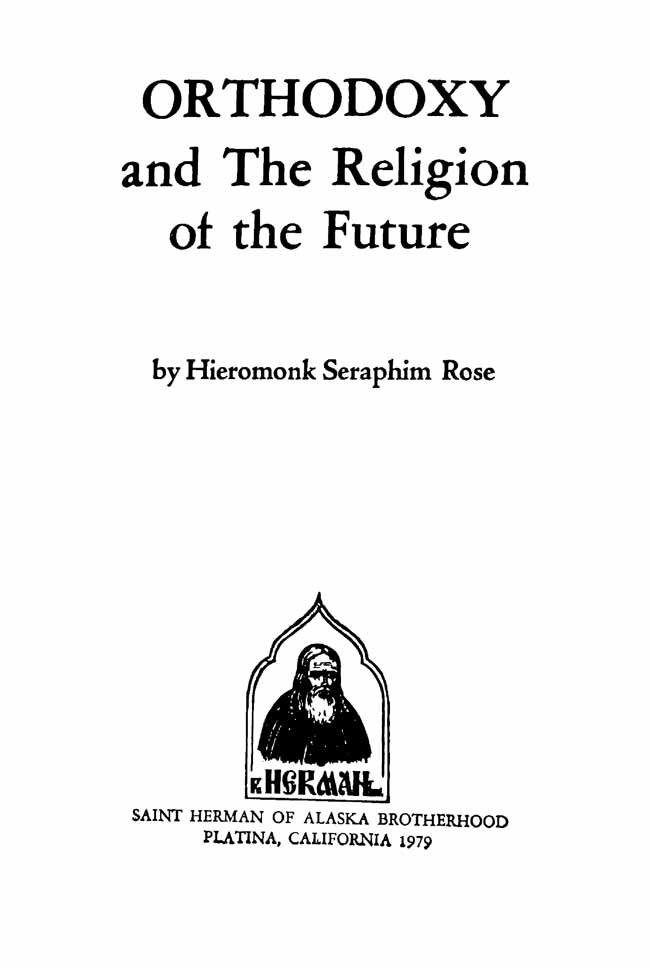
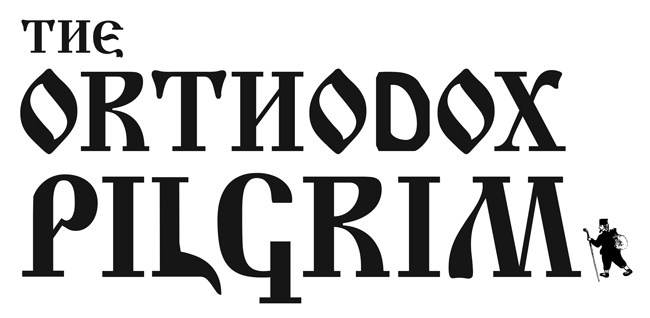
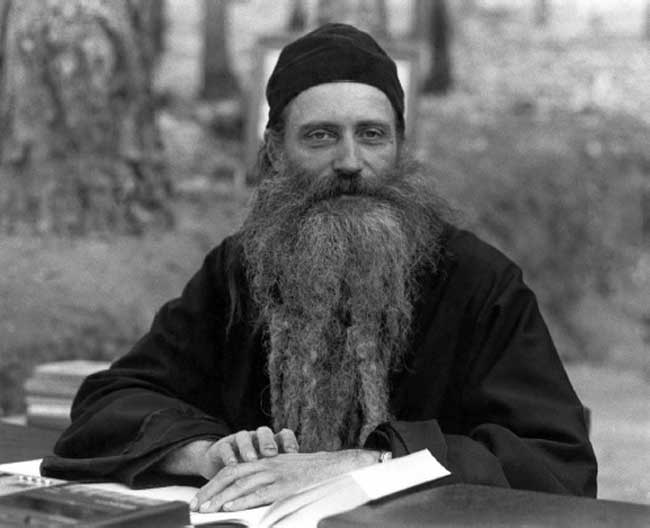
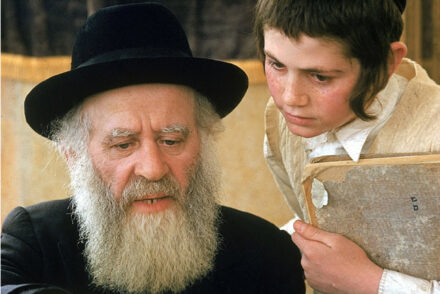
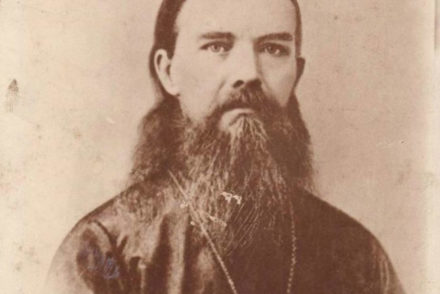
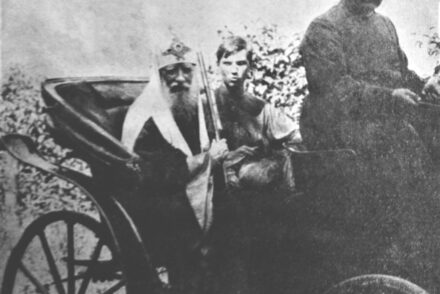
Pas de commentaire